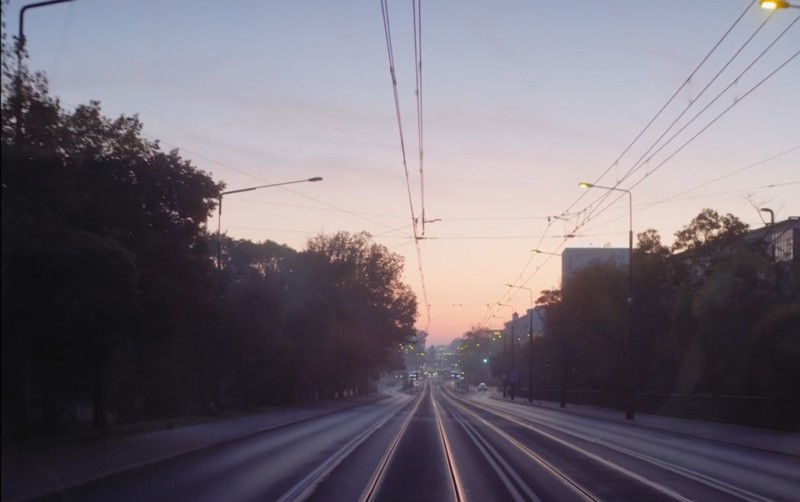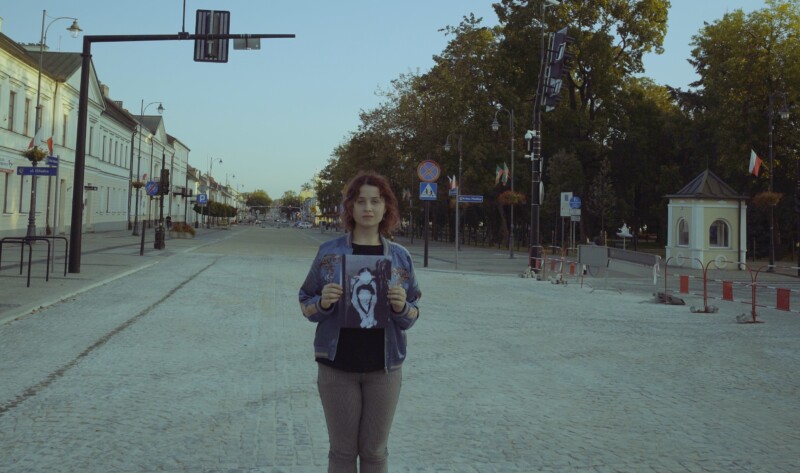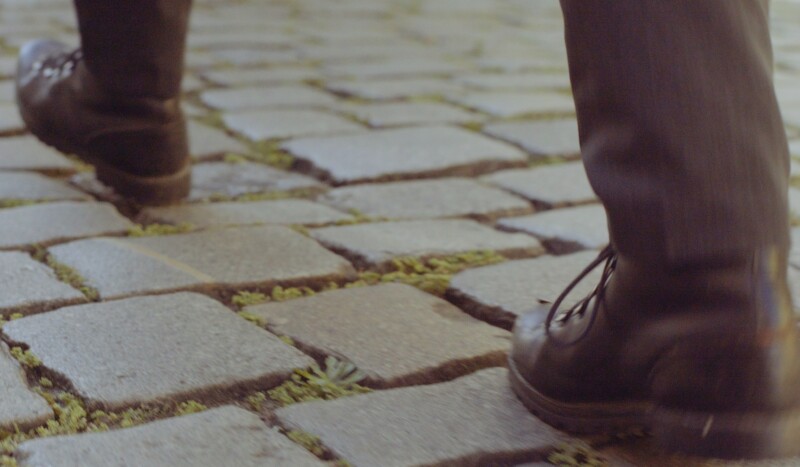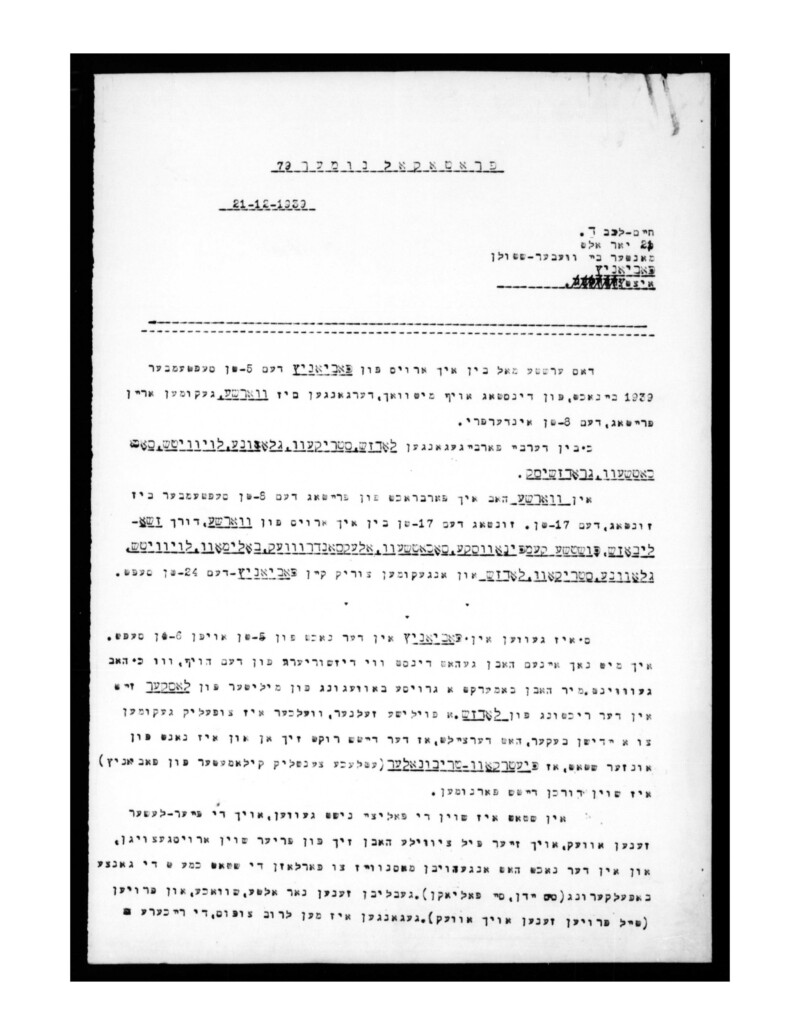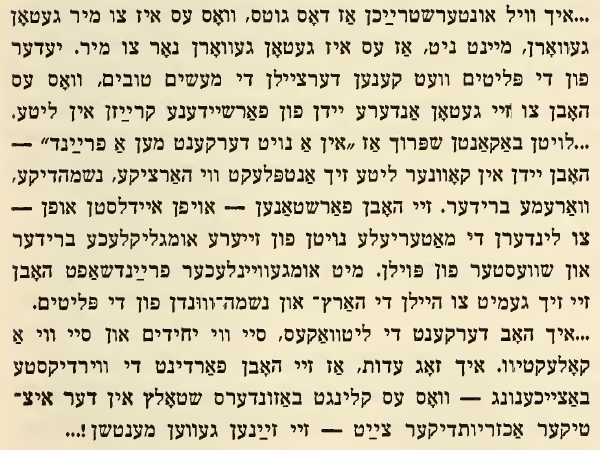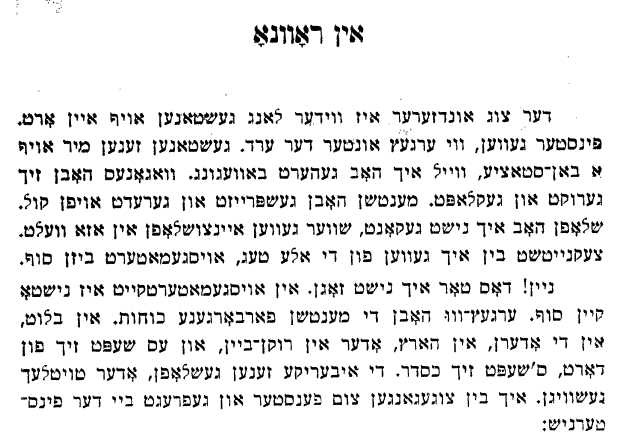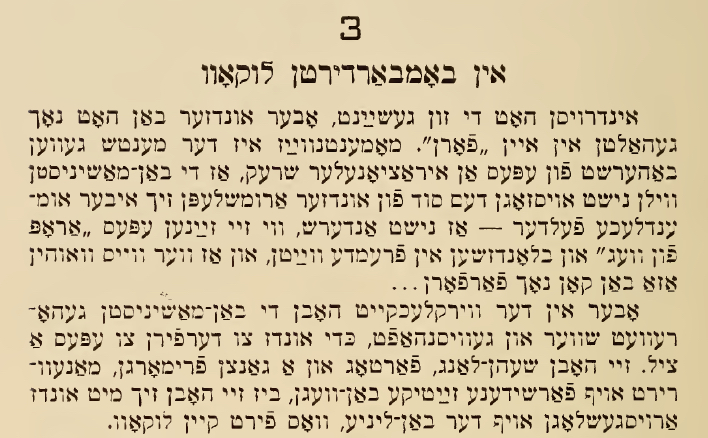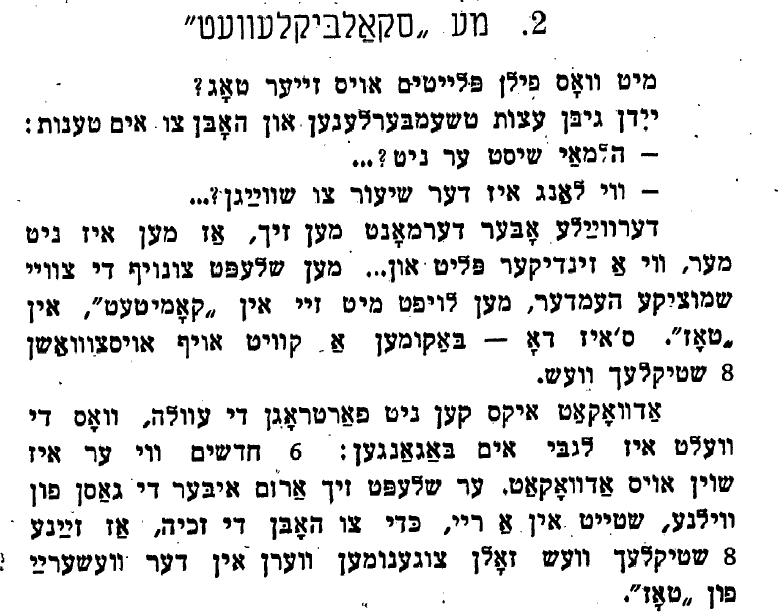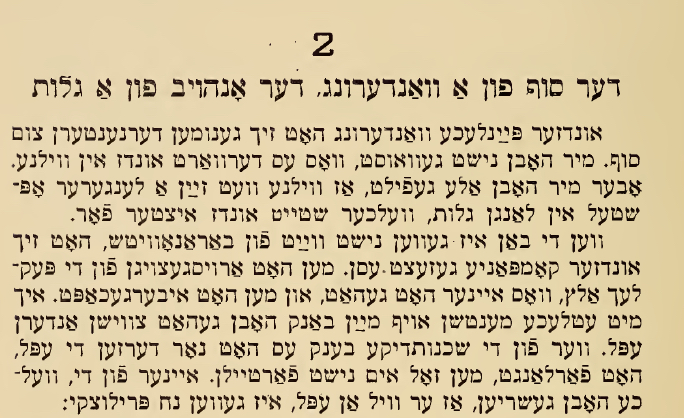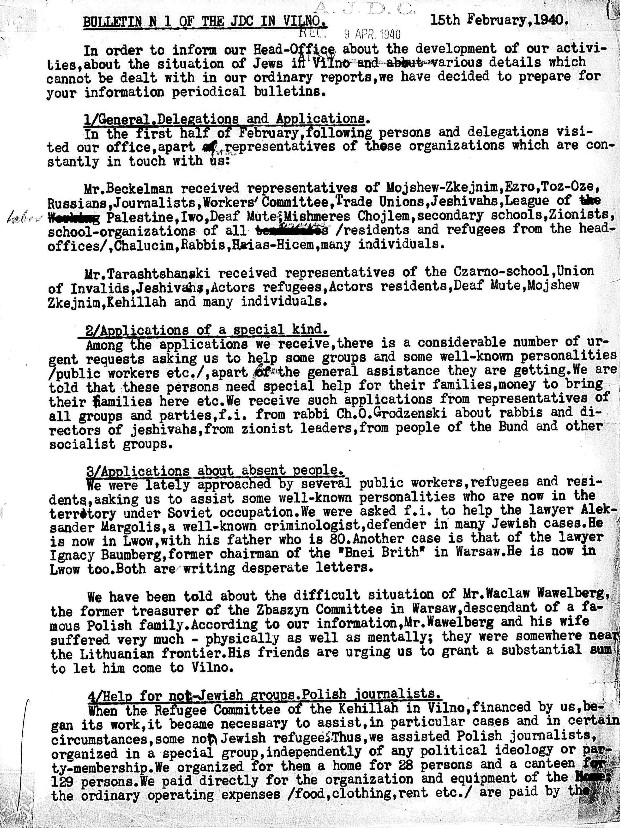The Second World War began with Germany’s attack on Poland in September 1939. Overnight, it transformed Vilnius into the main temporary destination for refugees from occupied Poland.
Among the more than 10,000 Jews who were stranded here there was the librarian and political activist Herman Kruk from Warsaw. His exceptional diary records and press reports sketch a mosaic of the heterogenous society of refugees there since the beginning of the war. The film follows Kruk’s traces in Vilnius as he turns from careful observer of the refugee society in Lithunian Vilnius to a sceptic under Soviet occupation and finally a witness and victim of Nazi persecution. Uncertain of what would become, his records narrate how Jewish refugees temporarily made Vilnius their own – a city that had been celebrated for centuries as the “Jerusalem of Lithuania.”
Excerpts from:
Herman Kruk’s reportages for the Lithuanian-Yiddish journal Folks-gezunt in 1940 as well as Kruks poem “For Future Generations,” partly reprinted in English translation in: Herman Kruk, The Last Days of the Jerusalem of Lithuania. Chronicles from the Vilna Ghetto and Camps, 1939-1944, YIVO Institute for Jewish Research, New Haven and London 2002.
Translation:
Miriam Schulz
Voice:
Tal Hever-Chybowski
Script:
Kristof Gerega (Schuldenberg Films)
Miriam Schulz
Direction:
Kristof Gerega (Schuldenberg Films)
Camera:
Anton Yaremchuck
Cut:
Kristof Gerega
Production:
Schuldenberg Films
